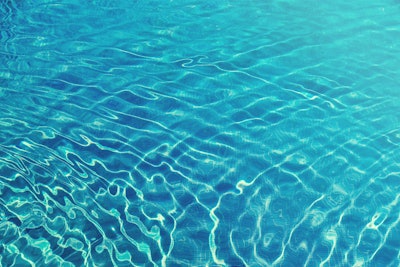
Amid a lawsuit over whether the Las Vegas Athletic Club should be required to staff lifeguards at its facilities, the Southern Nevada Health District this week released a video showing a woman fighting for her life at one of the club's pools.
The woman, identified as 58-year-old Leticia Triplett, can be seen struggling to swim for around 20 minutes.
Several bystanders walk by Triplett, unaware that she is drowning. In the end, Triplett can be seen pushing away from the stairs and succumbing to the water. Her body laid motionless in the water for 10 minutes before a member noted the situation was dire and attempted to assist.
Christine Gorlin, the aquatic supervisor for Desert Lifeguard Management, told KTNV that a lifeguard could've prevented Triplett's death.
"Even if you don't have a lifeguard, someone regularly checking in and sitting on a pool deck could be enough," Triplett said. "Because the response time for someone who's not in that area is going to be much longer, and relying on people who might not know the proper protocol or what to do could make it really difficult."
Gorlin said drowning is not like in the movies, where the victim yells for help.
"It's not like the movies where they're like 'hey, lifeguard save me!'" Gorlin said. "It can be very quiet and can happen very quickly."
Gorlin recommends following ABC. A stands for adult supervision. B is barriers, which means making sure your pool is completely enclosed at all times. C is classes.
In light of Triplett's drowning back in February, SNHD revoked a waiver allowing LVAC to operate its pools without lifeguards.
LVAC has since closed it pools and is now suing SNDH, arguing that it does not need lifeguards at its pools, as it is a private club. The LVAC argued that in its 46 years of operations in Nevada it was never required to have lifeguards at any of its facilities.
In a new court filing this week, LVAC lawyers argue "LVAC's operations do not fall within the rubric of 'public' swimming pools and it would cost an additional $4 million per year in labor to staff lifeguards at its facilities.
Nevada law defines a public swimming pool as "any structure containing an artificial body of water that is intended to be used collectively by persons for swimming or bathing, regardless of whether a fee is charged for its use," according to the filing.
LVAC has proposed two separate plans that would include "remedial measures to ensure properly trained lifeguards with time to devote to the pool surveillance are overseeing the pools."





































